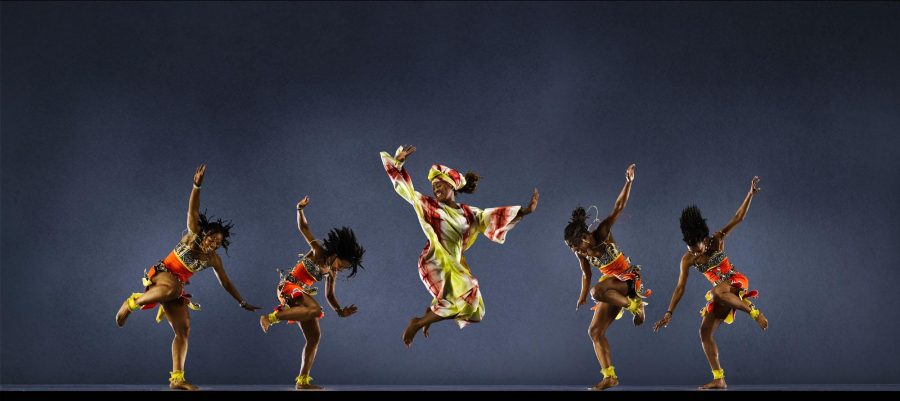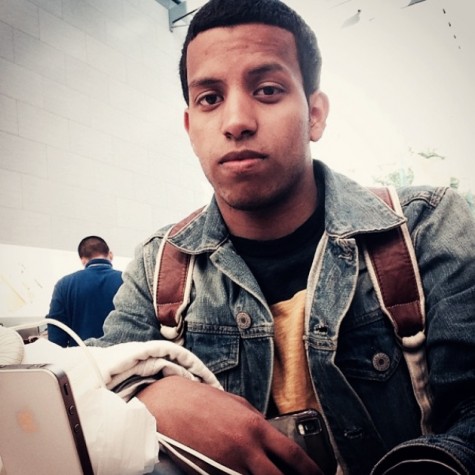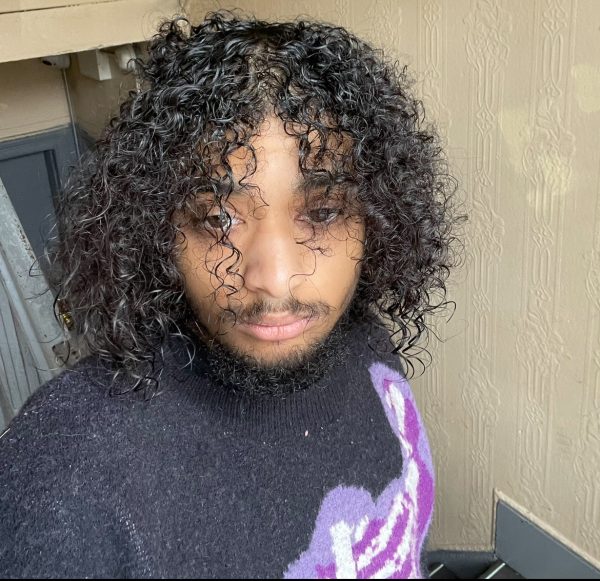African Dancing
April 28, 2016
We all hard of Hip Hop, Latin Dancing, and other known dances. Not many of us know about African dancing and the importance of the dance.
But where did African dance from?
African dancing occupies central place in cultures throughout the African continent, embodying energy and a graceful beauty flowing with rhythm. In Africa, dance is a means of marking life experiences, encouraging abundant crops, honoring kings and queens, celebrating wedding, marking rites of passage, and other ceremonial occasions. African dance is connected to Africa’s rich musical traditions expressed in African Music.
Traditional African dance is an essential element of Africa’s cultural heritage, providing a vital expression of the region’s philosophy, and the living memory of its cultural wealth and its evolution over the centuries, as observed by Alphonse Tiérou:Because it has more power than gesture, more eloquence than word, more richness than writing and because it expresses the most profound experiences of human beings, dance is a complete and self sufficient language. It is the expression of life and of its permanent emotions of joy, love, sadness, hope, and without emotion there is no African Dance.
I have went to Newton, NJ for a 2016 Teen Media Summit where I got a chance to tach journalism, but during the weekend event there was an African dance workshop that was cool because teen got a chance to learn about the how to play the drums. What really got me was the fact that many to the teens that was a part of the workshop was there first time learning African dancing and to be part of the dance.
African dancing is tied into a lot of things, one of them is African religion.
African ritual dance cannot be adequately discussed without an understanding of African religion and religious practice, because virtually every aspect of life in Africa is imbued with spirituality. Religion in Africa is not something reserved for a certain time or place, or a last resort to engage only in times of crisis. To a great extent there is no formal distinction drawn between sacred and secular, religious and non-religious, spiritual or material. In many African languages there is no word for religion, because a person’s life is a total embodiment of his or her philosophy. By extension, sacred rituals are integral part of daily African life. They are interwoven with every aspect of human endeavor, from the profound to the mundane. From birth to death, every transition in an individual’s life is marked by some form of ritual observance. In a practical sense, these ubiquitous rituals are at the heart of religious practice in Africa.
The thing about African dancing ancestor worship is common in Africa and is an important part of religious practice. The dance for a very long time. As part of African dance there is a communal dance which is tradition dance in Africa occurs collectible in a community setting. It expresses the life of the community more than the mood of an individual or of the couple. I really like this tradition that fact that the community are about to dance with each other without fighting, but are able to enjoy dancing with each other. That is something that I love to see within people getting along with one another.
Can Africa dancing become a movement?
One of the most characteristic aspects of African dance is its use of movements from daily life. By raising ordinary gestures to the level of art, these dances show the grace and rhythm of daily activities, from walking to pounding grain to chewing. The’Agbekor dance, an ancient dance once known as Atamga comes from the Foh and Ewe people of Togo and Ghana, and it is performed with horsetails






